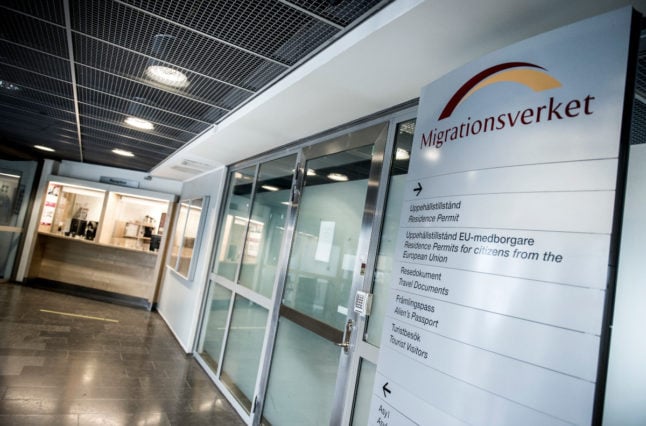As The Local was among the first Swedish news sites to report, as of July 20th doctoral students who want to apply for permanent residency in Sweden have to show that they can support themselves for 18 months – a rule change that effectively reverses a 2014 decision which made them eligible for permanent residency more or less automatically after four years of living in Sweden with a permit for doctoral studies.
The new rules – which came into force as Sweden sought to tighten its migration legislation in general – affect everyone who has applied for permanent residency and had not received a decision by July 20th, even though the rules where different at the time of their application.
- INTERVIEWS: Foreign doctoral students hit out at Sweden’s new and ‘unfair’ permanent residency rules
Representatives of the Swedish Association of University Teachers and Researchers – Doctoral Candidates Association argued in an opinion piece for The Local at the time that the new rule “hampers Sweden’s research and development attractiveness and impedes the scientific excellence brought by international talents to the country”.
Several doctoral students told The Local that they believed the requirement to support yourself for 18 months from the time the application is reviewed by the Migration Agency would put their future in Sweden at risk. Many highlighted the difficulties of finding a job while finishing PhD research, and pointed out that in academia, many contracts are fixed-term and only awarded and renewed on an annual basis.
The Liberal Party attempted to raise the issue on the Swedish parliament’s committee on social insurances, but the party’s proposal to reintroduce exemptions was voted down on Thursday by the centre-left government and the conservative opposition, reports Swedish news agency TT. It writes that the Centre Party and the Left Party backed the proposal, which was not enough for a parliamentary majority.
“We very much support Sweden being an advanced research nation near or at the absolute top of the world. We won’t be able to do that if we don’t also welcome international researchers from outside the EU and provide opportunities for research careers at our Swedish universities, not only that they can come here for a short period,” Maria Nilsson, Liberal spokesperson on higher education, told TT.
Social Democrat Justice Minister Morgan Johansson’s press secretary referred to his previous statements when approached by TT: “Researchers and doctoral students must meet the requirements for a permanent residence permit, just like everyone else who is covered by the rules. If you want a doctoral student to be able to get a permanent residence permit, you have to hire him or her for 18 months from now on.”
When The Local asked the Swedish justice ministry for a comment when we first reported on the issue back in August, a spokesperson argued that the new rules struck “a reasonable balance which contributes to Sweden having sustainable legislation in the long term which does not differ significantly from other EU countries”.



 Please whitelist us to continue reading.
Please whitelist us to continue reading.
Lol, they will reverse this again in 5 years time. Mark my words. There is not nearly enough homegrown talent to keep Sweden afloat.
So, having a Ph.D that doesn’t get you a job no longer counts for much from an immigration perspective. And reverse this or not in five years – it is a big step towards managed, skills based immigration.
With this, I’m wondering if readers of this paper will start looking elsewhere after their studies? Canada for example, is rather open. Happy to discuss this with anyone who is interested, and to provide some tips.